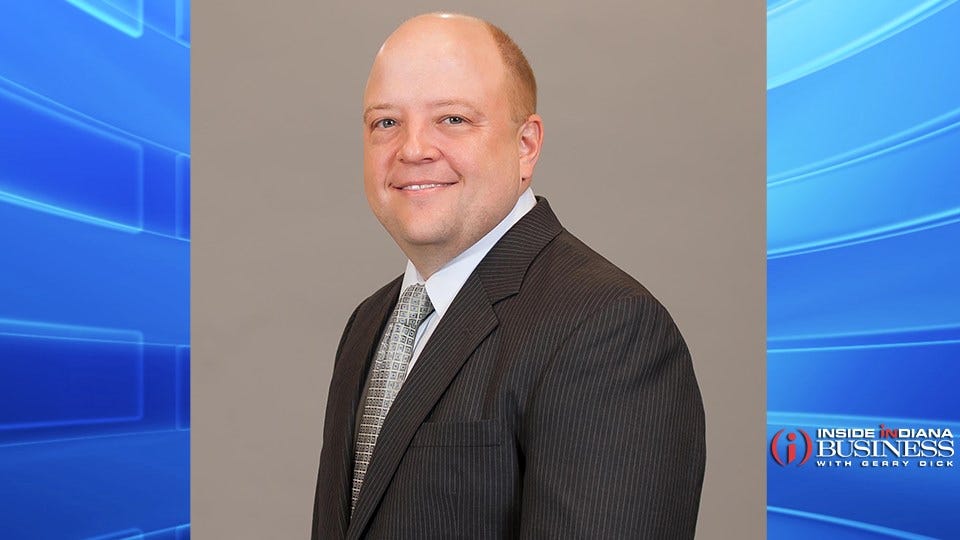Cybersecurity and your money: Don’t let your guard down
Subscriber Benefit
As a subscriber you can listen to articles at work, in the car, or while you work out. Subscribe Now
Recently, I heard from two friends about how an online fraud scheme duped them. One involved a grandmother thinking that she was helping a grandchild in trouble. The second involved providing account information over the phone to someone that falsely claimed to be working for PayPal.
Both people who were tricked probably should have known better. They are smart, but they let their guard down for a moment. This made me realize that if these individuals could have a momentary lapse, it could happen to any of us.
Don’t Give Out Personal Information Online or Over the Phone
We’ve heard this piece of advice too many times to count. But it bears repeating. Don’t give out personal information. Your trusted financial institutions, government agencies, and credit card companies will not reach out to you to ask for account information or social security numbers. You may have to verify these when you reach out to them, but never provide this information to anybody that is reaching out to you.
Don’t Do Things Alone
The grandmother that I previously mentioned happened to talk with a bank teller while she was withdrawing money. She must have told enough of the story to throw up a red flag because the teller questioned the situation enough to give my friend pause. After rethinking the situation and telling the family, the grandmother ultimately did not hand over any money to the fraudsters.
Fraudsters will want you to think situations are urgent. If they can convince you that time is of the essence and that involving others will slow things down or get someone in trouble, they have a much higher success rate. Your chances of getting scammed are much lower if you talk with someone you know about the situation before acting.
Don’t Click Links or Open Attachments
When you receive an email or a text that seems legit and wants you to verify information, update your profile, or take some other action, never click a link or open an attachment.
If the message is legit, it can be verified by calling the company after independently looking up their phone number or by logging into their website after you’ve done an independent online search for their website. By independent, this means you go to a trusted search engine, like Google, to search for this information. Never assume that an unsolicited message is safe. And don’t trust phone numbers, web addresses, or attachments included in the email.
Be Full of Wisdom, Not Pride
Assuming you will not fall for online schemes is the quickest way to trouble. Be humble. In the book of Proverbs, pride leads to destruction, but with humility comes wisdom (Proverbs 11:2). The same can be said for thinking you’re one step ahead of the schemers.
Don’t assume that you are smarter than the schemers. You’re not. Very clever people are constantly trying to scam us. They will continuously change their approaches. We must know that the next attempt will be better and more sophisticated.
Not too Late to Protect Yourself
My second friend, who provided information to help fix a fake PayPal issue, realized during a phone call that they were tricked. They immediately ended the call, contacted their bank, and added protections to their bank account.
They were assured that the compromised information shouldn’t cause a problem and encouraged to monitor the account. Then, if necessary, the bank was ready to open a new account. While the fallout was minimal, it was a scary wake-up call.
If you are worried about falling for a scheme, there are steps you can take today to help prevent or minimize future problems. Abby VanDerHeyden discussed them in her article from May of last year.
Don’t click on the link! That was a test. Did you try to click it? You can find the article by independently searching “Abby and fraud” on Inside Indiana Business’s or Bedel Financial’s websites.
Bill Wendling is a Sr. Portfolio Manager with Bedel Financial Consulting, Inc., a wealth management firm located in Indianapolis. For more information, visit their website at www.bedelfinancial.com or email Bill at BWendling@bedelfinancial.com.
